Review: Tascam’s Portacapture X6 and X8 Recorders Are Ideal for Acoustic Guitar—and a Whole Lot More
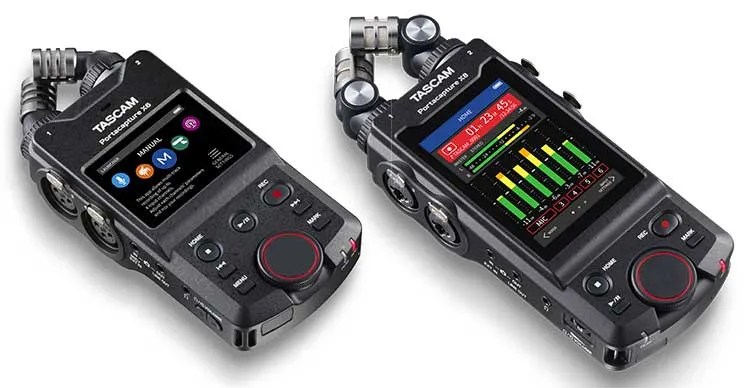
As with all things digital, recording technology has seen great advancements in recent years. An excellent case in point is the Portacapture series of high-resolution handheld recorders offered by Tascam, the same company that revolutionized home recording through its Portastudio, the first multitrack cassette recorder, which debuted in 1979. I checked out the Portacapture X8 and its streamlined sibling, the X6, and was as impressed by their ease of use as their excellent sonics and ability to capture wide dynamic ranges.
Packed with Features
Similar in concept to portable recorders like Zoom’s H6 and H8 and Sony’s PCM-D10, both the X6 (on sale for $299 street at press time) and the X8 ($399) include a pair of condenser microphones and are housed in sturdy plastic enclosures with the same sort of touchscreen interface found on many smartphones. The models work similarly, but there are some key differences: The X6’s 10mm mics are built in and can be rotated into a true X-Y or A-B pattern, while the X8’s 14.6mm duo detaches to form those same configurations. On the X6 there are two XLR mic/line inputs, compared to four XLR/TRS combo jacks on the X8. The X6 has a 3.5-inch LCD color display, vs. a 2.4-inch screen on the X6.
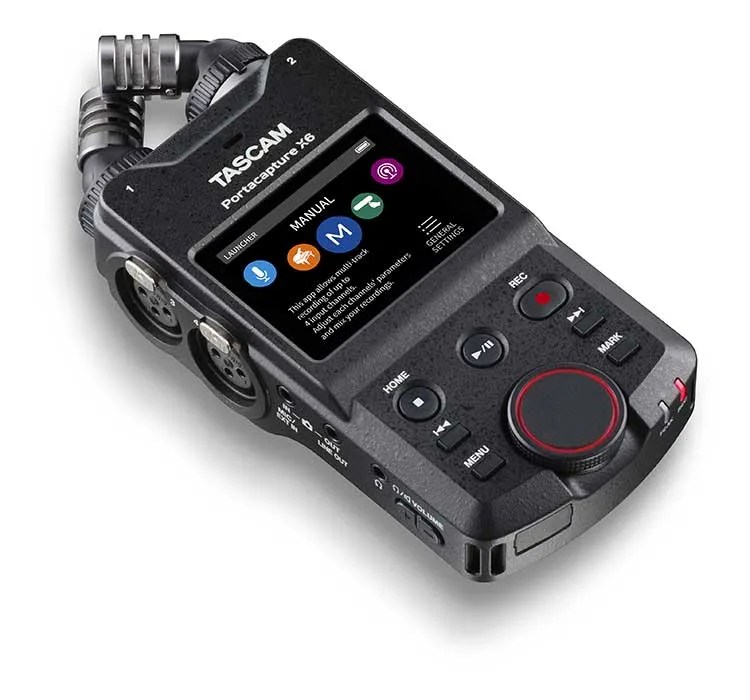
Though both Portacapture devices offer manual settings for those with more recording experience, they boast a suite of apps tailored to specific uses—podcasting, different types of instruments, field recording, voice, and ASMR, with the X8 adding a handy tuner and metronome. Neither has internal storage, and for remote recordings where you don’t have a separate computer or DAW you can use an optional microSD card of up to 512GB. Each Portacapture can operate wirelessly via Bluetooth with an optional adapter and can be mounted to any tripod with a quarter-inch thread.
ADVERTISEMENT
In Use
It’s very intuitive to find the appropriate app from the Portacapture’s onscreen menu and start recording. Using several different-sounding guitars—a Collings OM1 A SB Traditional, Kenny Hill signature nylon-string, and Solomon Phidelity archtop—I tried the preset optimized for acoustic guitar. With their HDDA mic preamps and high resolution, both units captured the character of these instruments in surprisingly vivid and lifelike ways.
ADVERTISEMENT

I especially appreciate the recorders’ 32-bit floating recording technology, which allows for a massive dynamic range—a real game changer. You needn’t worry about clipping from a loud sound source or noisiness when trying to record quiet sounds. In other words, setting the recording level is pretty much irrelevant—ideal if you’re an inexperienced recordist or, say, one who tracked an inspired performance but forgot to first check the recording level.
Similarly convenient are the recorders’ onboard effects. The acoustic guitar mode, for instance, features a handful of reverb types from large hall to plate, so you can dial in a recording without having to transfer it to external recording software. That said, the recorders can also double as USB audio interfaces for those who require postproduction flexibility, and this of course removes the need for a microSD card.
The Bottom Line
Though I barely scratched the surface of what the Portacapture X6 and X8 can deliver, it is obvious that these recorders are convenient and powerful tools for acoustic guitarists, providing professional-quality sound with a minimum of fuss. Whether you’re a seasoned recordist or a newbie, a Portacapture might be just what you need for capturing your music whenever—and wherever—inspiration strikes. tascam.com
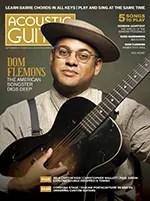
This article originally appeared in the September/October 2023 issue of Acoustic Guitar magazine.


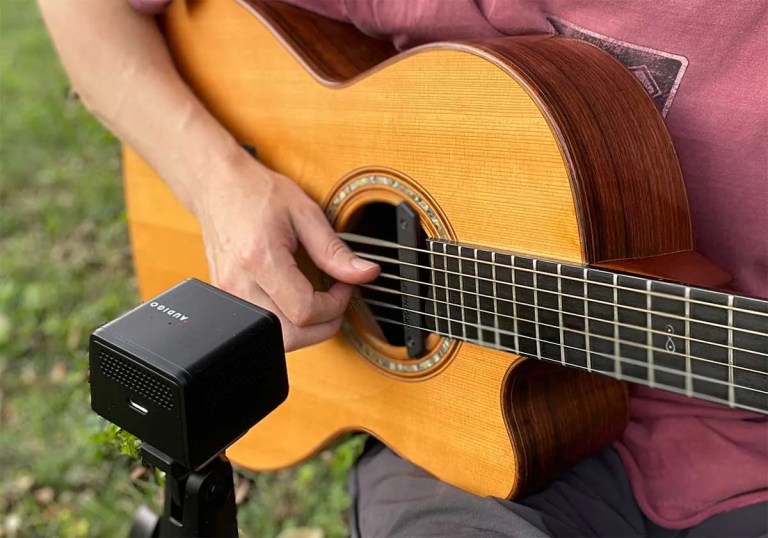
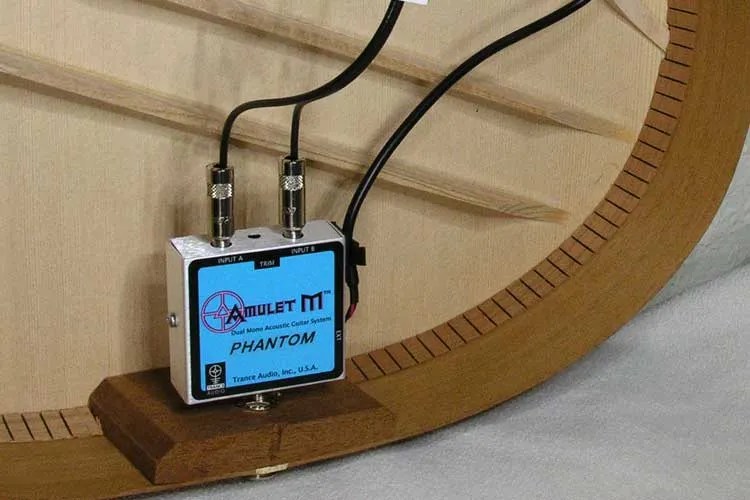
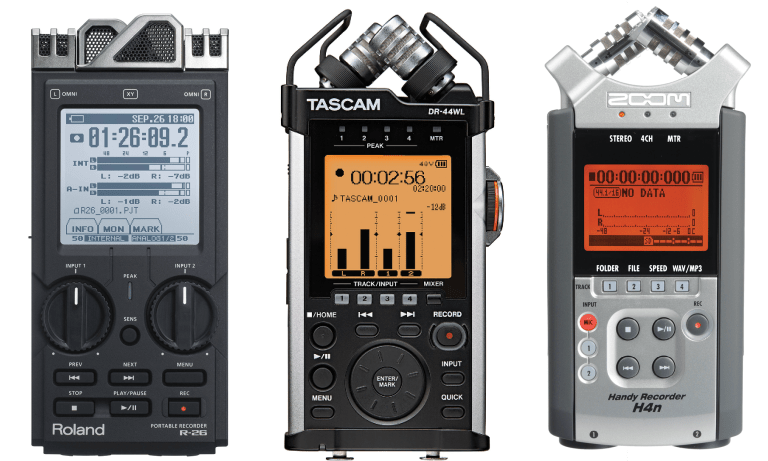
Well thought out and presented review. I appreciate it!